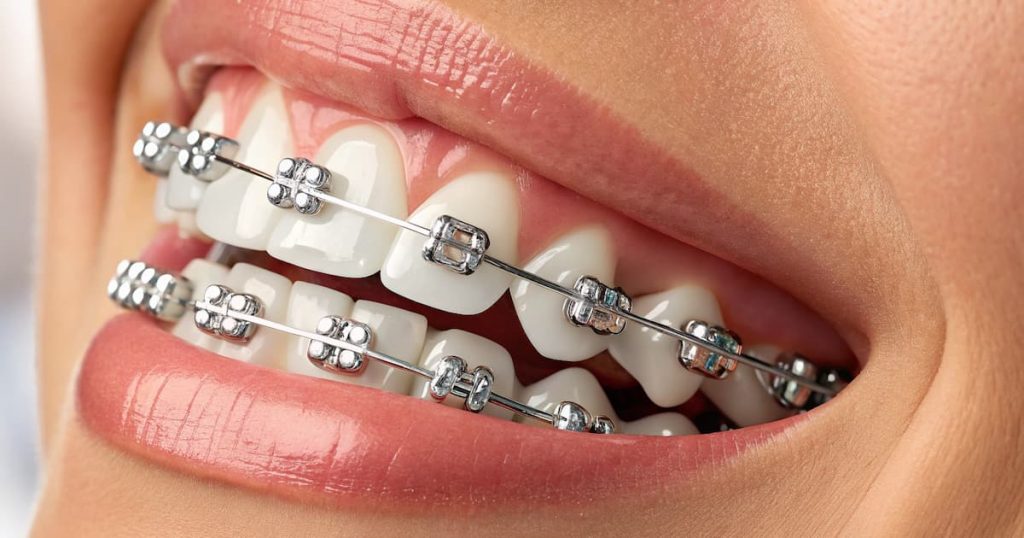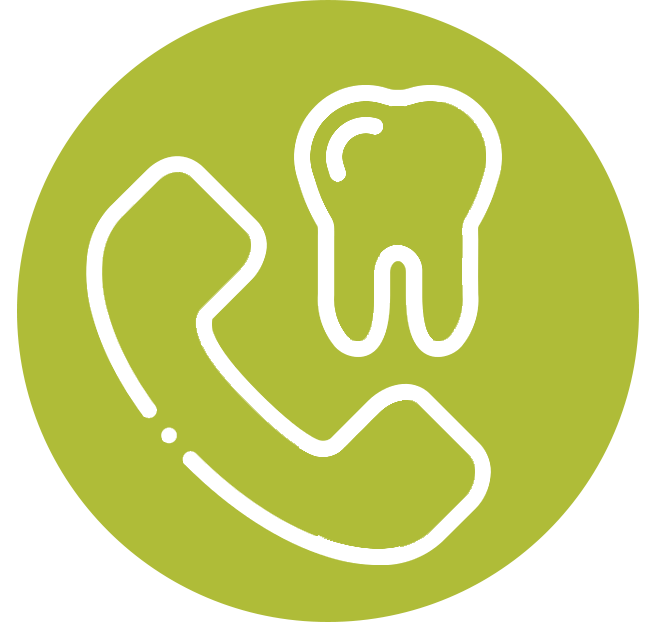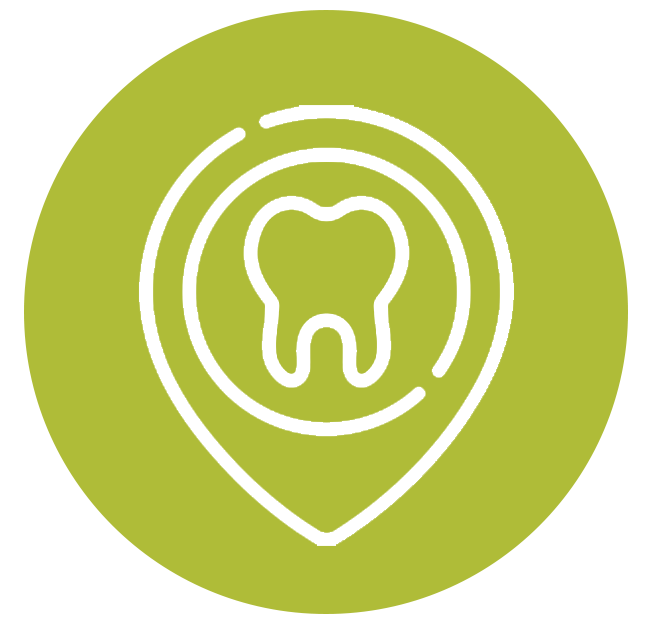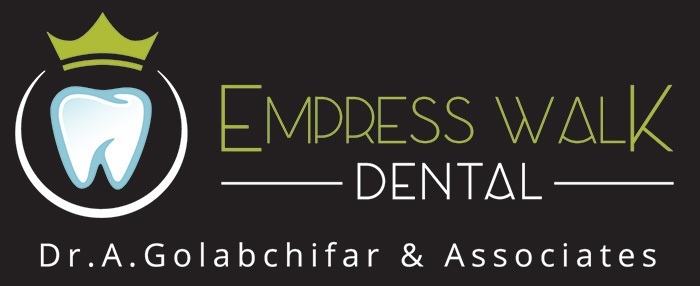Getting braces is a significant step, and it’s natural to want to know when you’ll finally see the results and have them removed. But there is one important question: how long do braces stay on? On average, braces stay on for 18 to 24 months, but the length of time can be shorter or longer based on your dental needs. Some patients are finished in as little as a year, especially with mild cases and great compliance, while others with more complex issues may need up to three years.
Why is there such a wide range? Because dental braces work with your body’s natural biology. Teeth are not simply pulled into place; they’re moved gradually by applying controlled pressure, which stimulates the bone to reshape around them. This takes time and patience. Let’s break down everything you need to know so you can plan with confidence.
How Long Do Braces Stay On?
On average, most patients wear braces for around two years. But factors like age, severity of crowding, bite alignment issues, and whether you choose metal, ceramic, or aligner-based systems all play a role.
| Type of Braces | Average Treatment Time | Notes |
|---|---|---|
| Traditional Metal Braces | 18–24 months | Strong, reliable, effective for complex cases |
| Ceramic Braces | 18–30 months | Less visible but slightly slower |
| Lingual Braces (behind teeth) | 24–36 months | Very discreet, but often longer |
| Clear Aligners (Invisalign) | 12–18 months (mild cases) | Best for moderate issues, requires compliance |
As you can see, treatment can be shorter or longer depending on both the braces system and the complexity of your case. Explore the different orthodontic options for adults and find the solutions that fit your lifestyle and smile goals.
Why Do Braces Take Time?
Braces aren’t just moving teeth, they’re remodeling bone. Teeth sit in sockets within your jawbone, and shifting them requires gentle, steady pressure. Move them too fast, and you risk root damage or bone loss. That’s why orthodontic treatment is a gradual process.
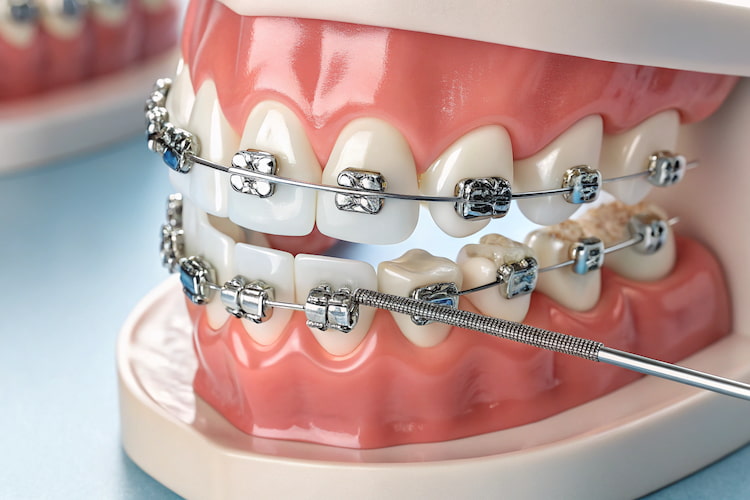
Age and Biology
Younger patients, such as teenagers, usually see results faster because their bones are still growing and more adaptable. Adults can still achieve excellent results, but the process often takes a little longer. If you’re asking yourself, “Can I still get braces as an adult?”, it’s never too late to begin orthodontic treatment. Read more in our helpful article, “Is It Too Late for Me to Get Braces?”
Complexity of the Case
A simple case of crowding might be corrected in a relatively short time, but severe misalignments, bite problems, or jaw discrepancies require a longer process. Orthodontists take a cautious approach to ensure the best long-term outcome.
Compliance with Treatment
Braces don’t just work on their own; they rely on your cooperation. Wearing elastics, avoiding foods that can break brackets, and keeping appointments all add up. Each setback, like a broken wire or missed visit, can extend your treatment time.
Take the Best Care of Your Smile with Empress Walk Dental
At Empress Walk Dental, our caring team provides personalized orthodontic care, expert advice, and the latest treatments to help you achieve a confident, beautiful smile.
Book your appointment today and let us guide you through every stage of your braces journey!
Signs That Braces Are Working
One of the hardest parts of braces is the waiting game. At first, the changes may be subtle. But even when you don’t notice major movement, your braces are working behind the scenes.
In the first few months, you might notice small gaps appearing between teeth or your bite starting to feel different. Over time, these adjustments become more visible, and people around you may notice your smile changing before you do.
Each tightening or aligner switch means your teeth are one step closer to their final positions. Orthodontics is like a slow-motion transformation; you don’t see it day to day, but when you compare progress photos, the difference is striking. Learn how orthodontics enhances oral health and can improve your bite, protect your gums, and support long-term dental wellness.
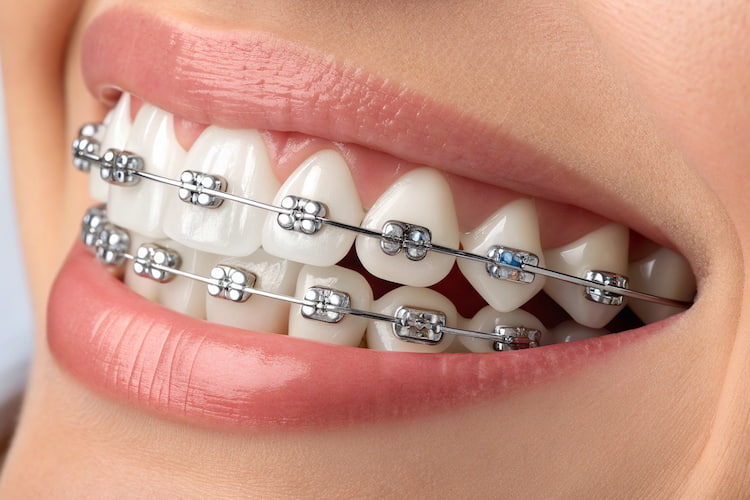
Can You Speed Up the Process?
There’s no magic button to speed up braces, but there are ways to avoid delays and sometimes even shorten the overall treatment. Consistency is the golden rule. Following your orthodontist’s instructions about wearing elastics, attending every scheduled appointment, and maintaining excellent oral hygiene ensures your teeth can keep moving without interruptions.
Some orthodontists also offer accelerated orthodontic technologies like AcceleDent or Propel, which use gentle vibrations or micro-pulses to encourage bone remodeling at a faster rate. These aren’t suitable for everyone, but if you’re eager to shorten your timeline, it’s worth asking about. Schedule a routine dental exam and check-up at Empress Walk Dental.
Ultimately, your habits make a big difference. Patients who carefully follow instructions often finish months earlier than those who don’t.
When Can I Expect to Get My Braces Off?
The big day comes once your orthodontist determines your teeth and bite are properly aligned. For most, this is after 18–24 months. However, if you’ve had perfect compliance and your case was mild, you may finish earlier.
After braces removal, you’ll transition to a retainer phase, which is just as important. Retainers keep your teeth from drifting back to their original positions, protecting all the hard work you’ve put in.
Learn more about braces and retainers with this informative WebMD article.
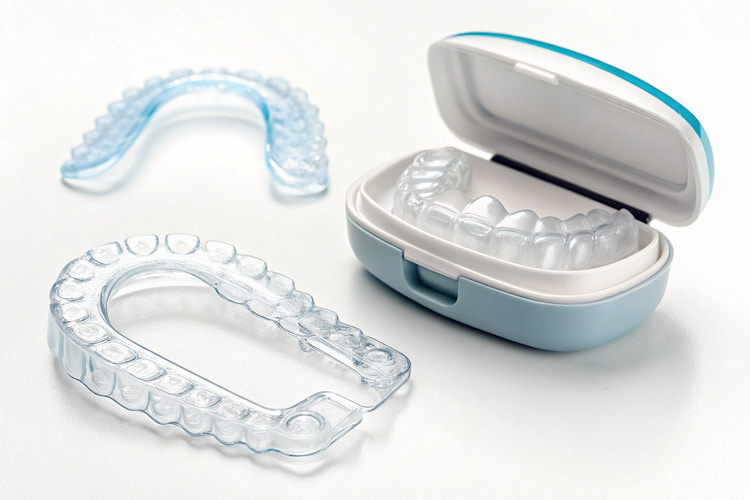
Sum Up
Braces usually stay on for 18 to 24 months, but the exact duration depends on your age, dental issues, and the type of treatment you choose. The more you cooperate with your orthodontist, the smoother and sometimes faster the process will be.
Ready to start your braces journey? At Empress Walk Dental, our orthodontic specialists will create a personalized plan designed for your smile and your lifestyle. Book a consultation today and find out your unique treatment timeline.
FAQ
-
How long do braces typically stay on?
Braces typically stay on for 18 to 24 months, but the duration depends on factors like the severity of the dental issue, age, and type of treatment.
-
Why do braces take so long?
Braces take time to move teeth into position gradually, and the process involves reshaping the bone structure around the teeth.
-
Can the treatment time for braces be shortened?
Yes, by following your orthodontist’s advice, maintaining good oral hygiene, and possibly using treatments like AcceleDent, you may be able to reduce treatment time.
-
Does the type of braces affect how long they stay on?
Yes, different types of braces, such as traditional metal braces, ceramic braces, or clear aligners, can affect treatment duration based on their design and effectiveness.
-
How can I tell when my braces will come off?
Your orthodontist will monitor your progress at regular checkups, and once your teeth have moved into the desired positions, your braces will be removed.
We’d love to hear from you!
How long did you wear your braces, or are you just starting treatment?
Share your experience or ask your questions in the comments below.


